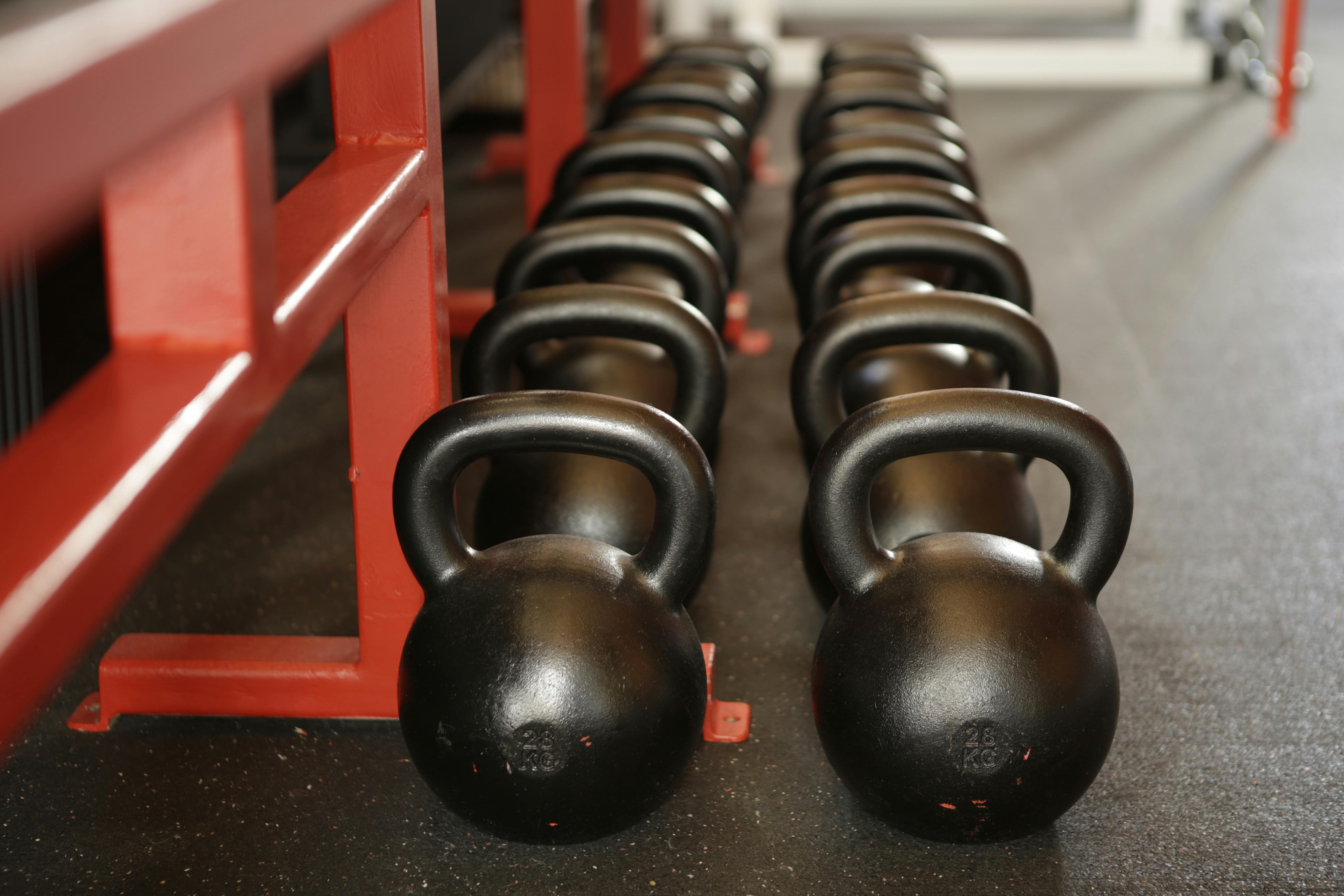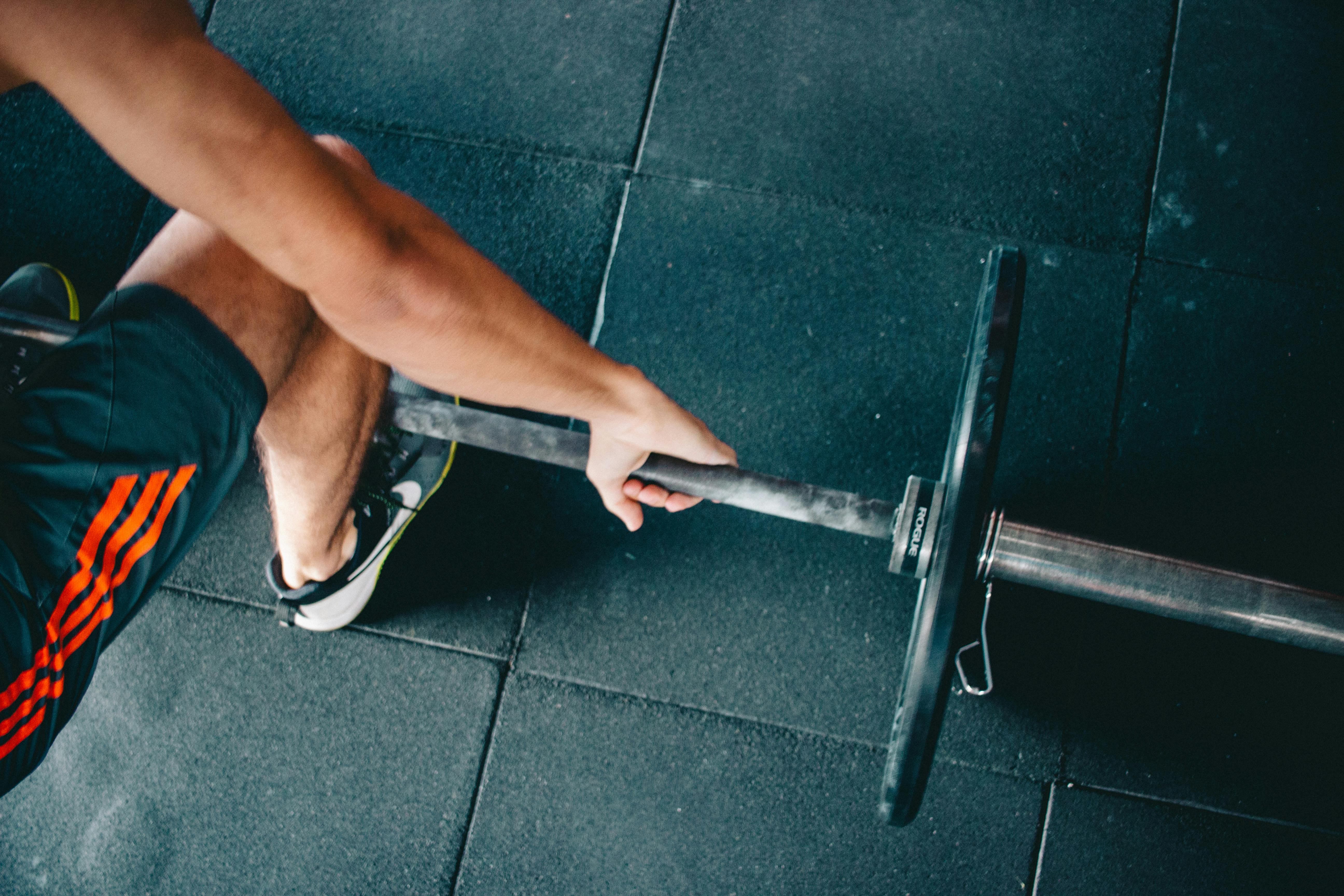Can we believe the media reports about the scandal surrounding actor-director Mel Gibson? That he was arrested for drunk driving, made angry racist comments and received preferential treatment? Should we care whether or not Simon Cowell from “American Idol” has a girl in every port? Do we really care if new parents Brad Pitt and Angelina Jolie refrained from being “physically intimate” or had it while Brad was still married to someone else?
Consumer fascination, media dissection, factual distortion, and emotional intensity surround many of America’s celebrities who pass for heroes in today’s cult of personality. Perhaps the proliferation of fallen heroes is a direct result of who we choose to worship as such. Who could possibly live up to the standards we set? Whether they’re acting, singing, dancing, shooting hoops, scoring touchdowns, flying to the moon, performing double axes on the ice, serving in political office, writing bestsellers, running a corporation, battling opponents in a stranglehold, promoting peace, or waging war, the United States has an obsession with modern day heroes.
Our obsessive interest, however, does not produce a concise definition. The traditional heroes who suffer and sacrifice for a higher purpose have passed. Today we admire beauty, talent, power, success and wealth. While we respect the humanity of heroes, we despise human weakness. We love them for being better than the rest of us. And we hate them for the same reason. Modern heroes, usually sports stars, entertainers, or politicians, are often overexposed and overcompensated, that is, until a bigger, brighter celebrity replaces them at the top of the heap.
It is understandable that some people consider the actions of a star athlete heroic. Watching the strongest, toughest and most talented player claim victory in front of a cheering crowd is an exciting and uplifting event. However, the traits that make up a great athlete do not necessarily make a great person. In fact, star athletes often possess a single-minded, self-centered ambition that drives them to be the singular center of attention.
Excessive compensation and the privilege that coincides with movie and athletic stardom make some heroes less than heroic figures. Public worship often leads to a sense of entitlement and a feeling of being above the law. Some examples include scandals involving former heavyweight champion Mike Tyson, Los Angeles Dodgers outfielder Darryl Strawberry and figure skater Tonya Harding.
And the animators? In this world of swinger, breast enhancement, and lip-enhancing excesses, can true heroism exist? The problem arises when fans mistake celebrities for heroes. While true heroes, like members of our Armed Forces, may attempt brave acts or even die for their people or their cause, celebrities more often die from self-destructive practices such as drug overdoses, alcohol abuse, or suicide. A couple of exceptions are Harrison Ford and Tom Cruise, who made national headlines by taking their bravery off-screen and taking physical risks to help other people. Christopher and Dana Reeve were considered heroes because while bravely battling their own injuries and illnesses, they paved the way for others to receive treatment.
While we may occasionally enjoy reading about celebrities’ proud off-screen moments, it’s those humiliating moments that the tabloids sell. By watching their shows, buying tickets to their movies and concerts, and buying their merchandise, we make these people stars, but then their fame makes us feel insignificant. Their falls from grace give us back our power.
Some of us even feel a vicarious emotion seeing our demigods engulfed in scandal. All of America seemed to enjoy exile from the television ministry of Jim and Tammy Faye Bakker, once holier than you. Nearly everyone followed the news closely as Peewee Herman, Michael Jackson and OJ Simpson had their reputations tarnished and their private lives made public by the scandal.
This same guilty pleasure is also obtained by many who watch celebrity marriages fall apart. If beautiful women like Christie Brinkley, Nicole Kidman and Jennifer Aniston can’t hold on to her men, how can the average woman hope to keep her marriage intact?
Maybe Hollywood makes scandals because the rest of the world wants it. Assuming the old theory of supply and demand holds true, it’s easy to see why junk TV shows and supermarket tabloids are multiplying dramatically. And with each addition to the tabloid lineup, another layer of privacy is removed from our once-respected public figures.
Although in the past, most artists and their work reflected the society in which they lived, today’s celebrities, stars, and role models (heroes) seem to draw attention by standing out from the crowd, rather than rising above the crowd. above her. They have their babies in foreign countries, flee to other lands after a scandal or, like Madonna and Johnny Depp, adopt the country of their partners.
While ordinary people, without significant athletic or performance talent, once had a hard time establishing themselves as heroes, today’s explosion of information and cultural diversity bombards us with constant images from different points of view. One fan’s Madonna is another fan’s Mother Teresa. One person’s Nelly is another’s Nelson Mandela. Diversification is part of modern American culture, and therefore must be factored into our choice of heroes.
Every day, as the scandal unfolds, Mel Gibson looks less like a hero and more like a celebrity: a talented actor and director in need of alcohol rehab, anger management and sensitivity training.



